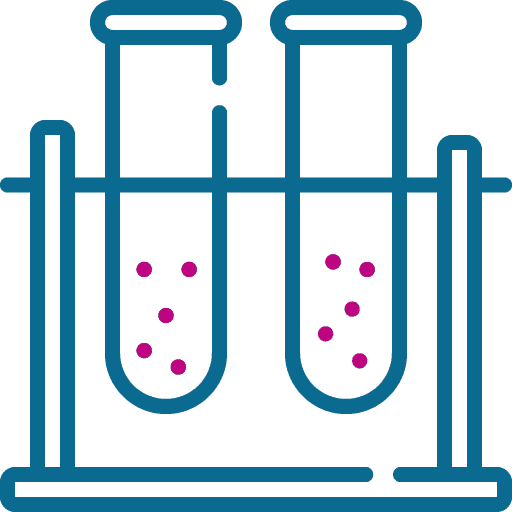Total immunoglobulin E (IgE) testing is used as an aid in the diagnosis of allergies, sometimes to check for parasitic infections.
When should I be tested?
Testing is recommended if you have persistent or recurrent allergic symptoms associated with skin reactions, respiratory or digestive problems, such as intermittent or persistent itching, hives, burning eyes, eczema, nausea, vomiting, persistent diarrhoea, sneezing, coughing, nasal congestion, or asthma-related symptoms such as wheezing, shortness of breath, coughing, chest tightness. In such cases, the test is performed in combination with allergen-specific IgE (sIgE) tests to identify which allergen or multiple allergens are causing the allergy.
The test is also done when the doctor suspects a parasitic infection due to diarrhoea. In this case, a general haematological examination is also recommended to check for an increase in the number of eosinophils.
What sample is needed for the test?
Blood is drawn from a vein in the arm.
How to prepare for the survey?
There is no special preparation.
What do my results mean?
Immunoglobulin E (IgE) – elevated levels of IgE in the blood indicate a possible allergy to one or more allergens. To find out which allergen or allergens a person is allergic to, allergen-specific IgE tests are needed. Specific IgE levels can increase after exposure to the allergen and decrease over time, which can alter total IgE levels. If the allergy is seasonal, for example due to pollen, then both specific IgE and total IgE may only increase during the time of year when the allergen is present. In the case of food allergy, the concentration of total IgE reflects the effect of the food causing the allergy. Finally, if a person is allergic to something that is constantly present in the environment in which they live, such as mould in the house or cat dander, total IgE levels will be constantly elevated.
Increase in total IgE
A significant increase in total IgE indicates an active allergic reaction, but it does not reveal the type of allergy, nor does it indicate to what the person is allergic. In general, the more substances to which a person is allergic, the higher the total IgE levels will increase.
An increase in total IgE can also indicate the presence of a parasitic infection, but it does not predict the specific infection a person has.
Normal IgE
Normal IgE levels usually mean that a person is not allergic, but the possibility of an allergy cannot be completely ruled out. It is possible that the increase in allergen-specific IgE is not large enough to affect total IgE levels. This is due to a lack of recent contact with the allergen.
There are a number of pathologies that can affect the immune system’s ability to produce immunoglobulins. In such cases, the allergy may not be caused by an increase in total IgE levels caused by immunoglobulin E (IgE).
Related studies
Allergen-specific immunoglobulins E (sIgE) or kits, immunoglobulins (IgA, IgG, IgM), protein electrophoresis and immunofixation, and general haematological examination .
Related conditions/diseases.
Allergies, parasitic infections, hyper-IgE syndrome, hereditary Job syndrome.
You can consult our family doctors.




